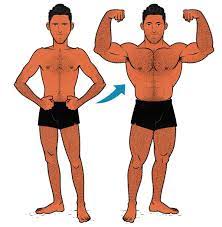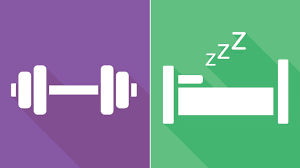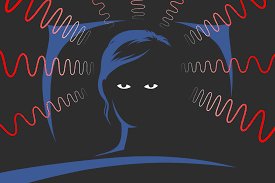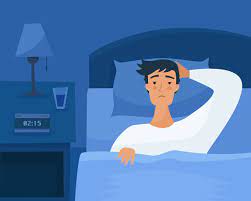In the pursuit of a healthier and more balanced lifestyle, the importance of sleep cannot be overstated. While many of us recognize the significance of regular exercise and maintaining good mental health, the crucial role that quality sleep plays in achieving overall wellness is often underestimated. In this blog post, we’ll delve into the intricate connections between sleep, fitness, and mental well-being, exploring how each element influences the others and how investing in quality sleep can be a game-changer.
The Impact of Sleep on Fitness:

Muscle Recovery and Growth:
Quality sleep is essential for effective muscle recovery and growth. During the deep stages of sleep, the body releases growth hormone, a key player in muscle repair. Without sufficient sleep, the body may struggle to repair and build new muscle tissues, hindering fitness progress.

Energy Levels and Performance:
Adequate sleep directly influences energy levels and overall physical performance. Lack of sleep can lead to fatigue, reduced endurance, and impaired coordination, making it difficult to engage in effective workouts. On the other hand, a well-rested body is more likely to perform optimally during exercise, contributing to improved fitness outcomes.

Weight Management:
Sleep also plays a significant role in regulating hormones that impact appetite and weight management. Insufficient sleep can disrupt the balance of ghrelin and leptin, hormones responsible for hunger and satiety. This hormonal imbalance may lead to overeating and cravings for unhealthy foods, potentially derailing fitness and weight loss goals.
The Connection between Sleep and Mental Health:

Stress Reduction:
Sleep and stress are intricately linked, and chronic sleep deprivation can contribute to increased stress levels. Quality sleep helps regulate stress hormones, promoting a more balanced emotional state. Incorporating sufficient sleep into your routine can be a powerful tool in managing stress and improving overall mental well-being.

Cognitive Function and Decision-Making:
A well-rested mind is better equipped to handle cognitive tasks, make sound decisions, and solve problems effectively. Lack of sleep can impair cognitive function, attention, and memory, negatively impacting daily life and hindering the pursuit of mental health goals.

Emotional Resilience:
Quality sleep supports emotional resilience and the ability to cope with challenges. Sleep-deprived individuals may find themselves more prone to mood swings, irritability, and heightened emotional reactions. Investing in good sleep hygiene can contribute to a more stable and positive mental outlook.
Choosing the Right Sleep Environment:

Now that we understand the profound impact of sleep on fitness and mental health, it’s crucial to create an optimal sleep environment. One key element to consider is the mattress you sleep on. An air mattress, with its customizable firmness and support, can be an excellent choice for those seeking a personalized sleep experience. The adjustable nature of air mattresses allows you to find the perfect level of comfort, promoting restful sleep and contributing to overall well-being.

Conclusion:
In the intricate dance between sleep, fitness, and mental health, each element influences the others in a symbiotic relationship. Recognizing the importance of quality sleep is a vital step toward achieving holistic wellness. Whether you are an avid fitness enthusiast or someone focused on improving mental well-being, prioritizing sleep can be a transformative investment in your overall health. Consider evaluating your sleep environment and exploring options like air mattresses to ensure you are giving your body and mind the best chance to thrive. Quality sleep is not just a luxury; it’s an essential pillar of well-being that can unlock your full potential.



[…] If you’re interested in other things that will change your life and make you a better person, check out older post – https://havelkaharmony.com/how-does-sleep-affect-your-mental-and-physical-health/ […]